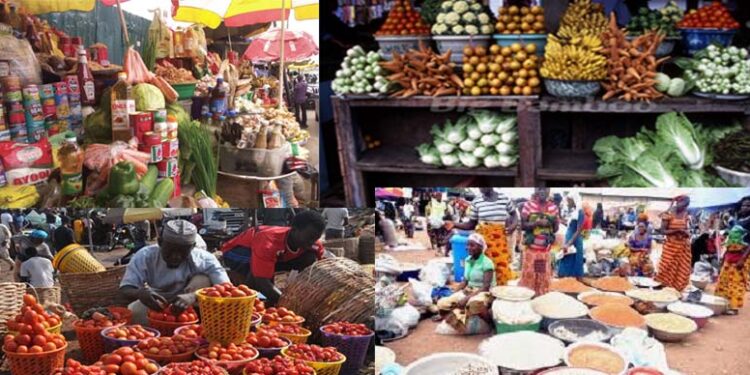The United States has urged the Federal Government of Nigeria to prioritize investment in agriculture as a crucial step in addressing the prevailing food crisis and hunger affecting the country. David Greene, the US Charge d’Affaires in Nigeria, emphasized the need to leverage Nigeria’s abundant agricultural potentials to enhance food security and drive socio-economic development, including the creation of job opportunities.
During a visit to the 15,000 hectares Agbeyewa Farms in Ipao Ekiti, Ikole Council area of Ekiti State, which is a private initiative of Cavista Holdings, Greene commended the farm’s efforts in tapping into the economic potentials of large-scale agriculture. He urged both federal and state governments to emulate successful initiatives like Agbeyewa Farms and harness Nigeria’s vast arable lands, fertile soil, and favorable weather conditions for both domestic food supply and export.
Greene acknowledged the food security challenges and post-harvest losses in Nigeria and expressed optimism that with investments and leadership in agriculture, the lives of many Nigerians could significantly improve. He mentioned ongoing efforts by the US, including investments in Ikun Diary Farms and cocoa production in Ekiti, and indicated the willingness to collaborate with Nigerian producers through initiatives such as USAID.
John Olajide, the Chairman of Cavista Holdings, highlighted the multimillion naira investment in agribusiness as a means to ensure an adequate food supply, improve nutrition, create jobs, and foster community development. The Agbeyewa Farm focuses on crops such as cassava, maize, and yam, with plans to initiate a cassava revolution project in collaboration with the Ekiti State Government. The project aims to meet the rising demand for cassava chips in the export market and reduce post-harvest losses by at least 60 percent.
Olajide emphasized the farm’s commitment to creating value, transforming lives, and supporting farmers to improve their yields. He outlined plans for a cassava revolution project that, in partnership with the state government, aims to cultivate at least 100 hectares of cassava, reduce post-harvest losses, and empower Ekiti farmers to generate wealth through farming.
























